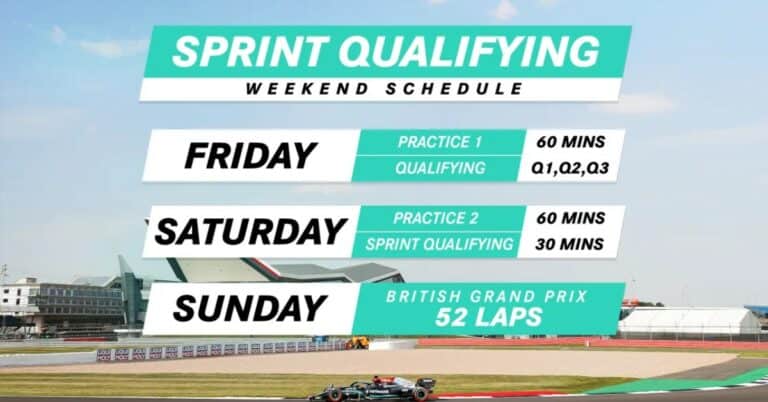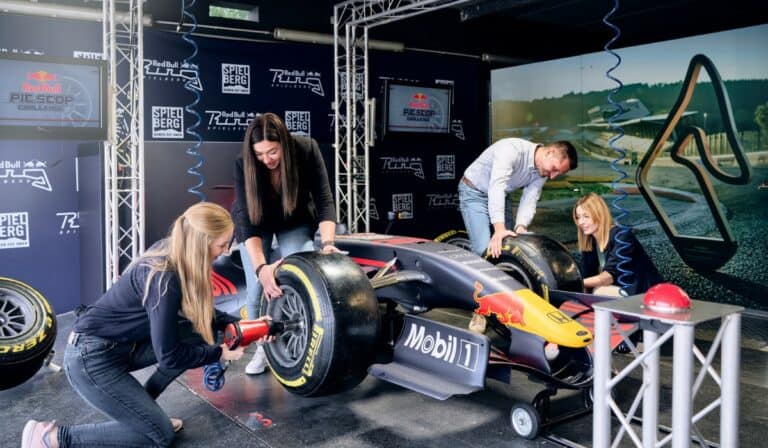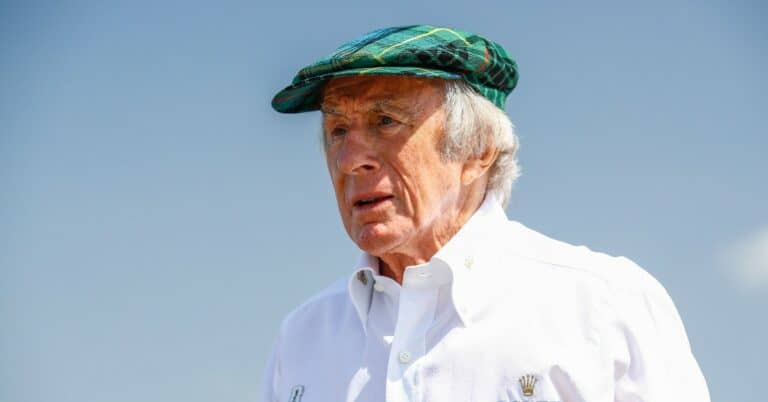The Role of Human Factors in Formula 1 Driver Performance
Formula 1 is possibly the most sophisticated motorsport category, involving the acme of the automotive industry’s technological and innovative advancement and the peak of human performance and ability to withstand pressure and stress. The role that human factors play in the determination of Formula 1 driver performance is many-sided, captivating the physical, emotional, and cognitive dimensions, which, all appearances notwithstanding, are equally essential, subtle, and logical. This article examines these factors more closely to reveal how they combine to produce the world’s top racing drivers.
Physical Fitness and Endurance
The physical demands placed on a Formula 1 driver are colossal. Drivers are subjected to intense forces, with acceleration exerting up to 5G on the body during cornering, braking, and acceleration. This requires exceptional core strength, neck muscle endurance, and an incredible cardiovascular fitness level. Drivers can lose up to 3 kilograms of body weight in a single race due to the extreme heat in the cockpit and the physical exertion required. Hence, a rigorous physical training regime that enhances cardiovascular endurance, muscle strength, and flexibility is essential for optimising performance and preventing injuries.

Cognitive Abilities
Formula 1 racing is a mental game as much as it is physical. Usually, drivers’ cognitive functions are always under stress; they have to decide at each millisecond which demands high precision and concentration. It is important to process information faster than others on the circuit along with the ability to predict the moves and make decisions around 300 km per hour. In such cases, cognitive training becomes essential for a driver before participating. Reaction times can be improved by it and help to concentrate and manage multifunction abilities. Formula 1 simulator sessions also play a major role in the cognitive training of drivers as it is more risk-free related to physical damage.
Psychological Resilience
The psychological aspect of racing is intricate, encompassing everything from handling pressure and stress to the motivation and the will to win. The mental resilience required to compete at the highest level, face adversity, and overcome setbacks, is immense. Sports psychologists play a pivotal role in preparing drivers mentally, employing techniques to boost confidence, manage anxiety, and maintain focus throughout the season. The importance of mental toughness cannot be overstated; it can be the thin line separating victory from defeat.
The Role of Sleep and Recovery
One of the often-forgotten aspects of a driver’s performance is the quality of sleep and recovery. The global nature of the sport, the schedule and travelling across time zones disrupt the circadian rhythms, which causes sleep disturbances and fatigue. Proper rest and recovery are crucial for the physical and mental condition. Sleep science gets more emphasis, as teams invest significant resources to provide their drivers with the best rest schedule and environment as well as the perfect recovery strategies. Hence, the high emotionality and stress of the race weekend make proper sleep more valuable.
Nutrition and Hydration
Proper nutrition and hydration play a critical role in a driver’s performance. The right balance of nutrients is required to maintain energy levels, concentration, and physical endurance throughout a race. Dehydration can lead to a significant drop in performance, as even a 2% loss in body weight due to sweat can affect cognitive function and reaction time. Thus, personalised nutrition and hydration plans are developed for each driver, carefully designed to meet their individual needs and the specific demands of each race.
Team Dynamics and Communication
Human factors influence all the team interactions, rather than just the qualities of the drivers. Communication between the driver and the engineering side is essential for making strategic decisions during the race. The information has to be passed quickly and accurately, and the atmosphere within the team that allows making those interactions and optimal decisions is a product of the right leadership and a cohesive team that behaves like a team. The psychological role of being supported by a team is also important for a driver.
Conclusion:
Thus, a Formula 1 driver is not only a pilot of a high-speed machine but a product of an exhaustive preparation regime aimed at all possible aspects of human performance. The higher the Formula 1 royalty in the future, the better the understanding and optimum of these human factors will be. Thus, this spectacle will not only test machinery, but human potential and spirit at its peak.







